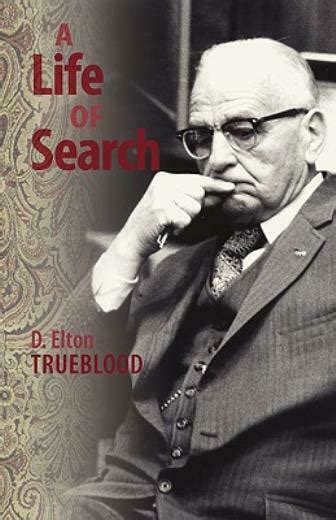A Quote by Emmanuel Macron
Germany is different from France. You are more Protestant, which results in a significant difference. Through the church, through Catholicism, French society was structured vertically, from top to bottom. I am convinced that it has remained so until today.
Related Quotes
Now the ordinary Protestant, Jew or Secularist has a stereotype about Catholicism. It consists of Spanish Catholicism, Latin-American Catholicism and, let us say, a Catholicism of O'Connor's "Great Hurrah." Now there are types of Catholicism like that but this doesn't - this doesn't do justice to the genuine relation that Catholicism has had to Democratic Society.
Let us settle ourselves, and work and wedge our feet downwards through the mud and slush of opinion and tradition, and pride and prejudice, appearance and delusion, through the alluvium which covers the globe, through poetry and philosophy and religion, through church and state, through Paris and London, through New York and Boston and Concord, till we come to a hard bottom that rocks in place which we can call reality and say, "This is and no mistake.
Like the graduates of some notorious boot camp, my brothers and sisters and I look back with a sort of perverse glee at the rigors of our Catholicism. My oldest sister, Mary, was so convinced of the church's omnipotence that when she walked into a Protestant church with some high-school friends, she was sure its walls would crash down on her head.
By county, there's like 14 different accents in Mississippi alone. And now, present day, a Mississippi accent is different than in 1963. So we had a dialect coach, which is like going to visit France and having to translate all your emotions into French, and French isn't your first language. I had to go through that filter, so it was interesting.
I live in New York now, and miss France quite a bit. Of course, the reality of living in a small village in the south of France was very different than the fantasy I had of living in France. Over the years I spent there, that fantasy was worn away and I found a more realistic version of France than the one I began with. I wouldn't say the spell ever goes away, but transforms. Now that I understand French culture more intimately, and speak fluent French, I have a different, more solid, relationship to the country.
Reachable, near and not lost, there remained in the midst of the losses this one thing: language. It, the language, remained, not lost, yes, in spite of everything. But it had to pass through its own answerlessness, pass through frightful muting, pass through the thousand darknesses of deathbringing speech. It passed through and gave back no words for that which happened; yet it passed through this happening. Passed through and could come to light again, “enriched” by all this.
[T]here are, at bottom, basically two ways to order social affairs, Coercively, through the mechanisms of the state - what we can call political society. And voluntarily, through the private interaction of individuals and associations - what we can call civil society. ... In a civil society, you make the decision. In a political society, someone else does. ... Civil society is based on reason, eloquence, and persuasion, which is to say voluntarism. Political society, on the other hand, is based on force.
Walking with someone through grief, or through the process of reconciliation, requires patience, presence, and a willingness to wander, to take the scenic route. But the modern-day church doesn't like to wander or wait. The modern-day church likes results. Convinced the gospel is a product we've got to sell to an increasingly shrinking market, we like our people to function as walking advertisements: happy, put-together, finished - proof that this Jesus stuff WORKS!

































